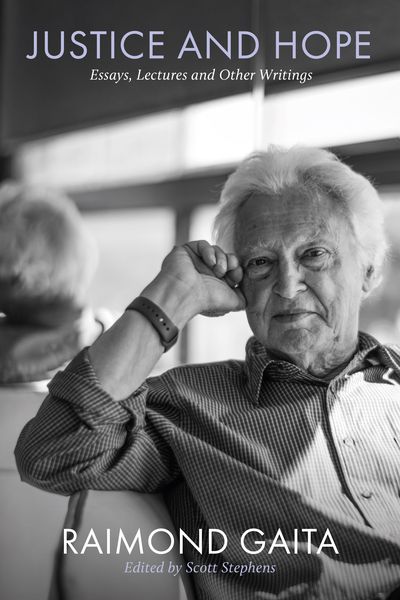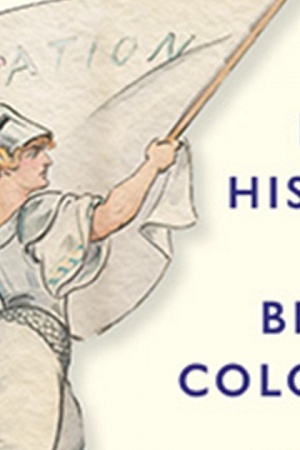Justice and Hope: Essays, lectures and other writings
Melbourne University Publishing, $65 hb, 599 pp
Gaita on love
For a man many would regard as the very epitome of the type, Raimond Gaita seems rather hostile to the concept of the intellectual. It is ‘irredeemably mediocre’, he explains, inferior to the kinds of moral and political responsibility that attach to teacher or politician. Intellectuals are active in the public domain, grappling with ideas, culture, and politics, but they have often lacked independence of mind, he says, ‘because they never had it or because they sacrificed it to the cause’.
When Gaita articulates his ideal of a university, the vision is of ‘a community of scholars’, of a contemplative life that requires ‘inwardness with values slowly apprehended by living the life of the mind in community with fine exemplars of it’. In that sense, he believes, the university is finished. And while some academics might take time out of their teaching and research to become public intellectuals, it is not an obligation.
Yet Gaita would seem to many the archetype of the Australian academic as intellectual, one of a fairly small number of humanities scholars in this country who have left a significant imprint on the culture. He is best known as the author of a much-admired memoir of his childhood as the son of European migrants, Romulus, My Father (1998), later a film, but here he is essayist, reviewer, and lecturer. The pieces range from the short, sharp reflection on a current event, such as ‘Why the War Is Wrong’ (2003) on Iraq, through to extended reflection of a more challenging – and perhaps ‘academic’ – kind, such as that on whether torture can be a lesser evil.
Continue reading for only $10 per month. Subscribe and gain full access to Australian Book Review. Already a subscriber? Sign in. If you need assistance, feel free to contact us.















Comments (3)
Love is a word that is much abused and misused, perhaps due to emotion, perhaps because it is misunderstood.
The essence of love is placing the well-being of another above all else irrespective of the cost to oneself and without the slightest expectation of anything in return.
As for Socrates, Plato cites in extenso in his “Symposium” the long dialogue Socrates is reported to have had with the prophetess Diotima, in which she declares that “love is of immortality”.
Like our involuntary body functions of heartbeat, breathing, etc., our involuntary mental functions of morality, altruism, and love are all cogs that keep the wheel of life turning.
Nevertheless, too often today, nearly 60 years later, what passes for intellectual thought in this country becomes instead the same unhelpful scolding and tut-tutting about our perceived shortcomings. It's not getting us anywhere.
I am more sympathetic to Chomsky's more recent thoughts, that in order for an individual to advance through academia they must to a certain extent not rock the boat or aggravate their betters. So that as a structure within society that we might look to for new ideas, academia is in fact largely a collective of conformists.
Leave a comment
If you are an ABR subscriber, you will need to sign in to post a comment.
If you have forgotten your sign in details, or if you receive an error message when trying to submit your comment, please email your comment (and the name of the article to which it relates) to ABR Comments. We will review your comment and, subject to approval, we will post it under your name.
Please note that all comments must be approved by ABR and comply with our Terms & Conditions.